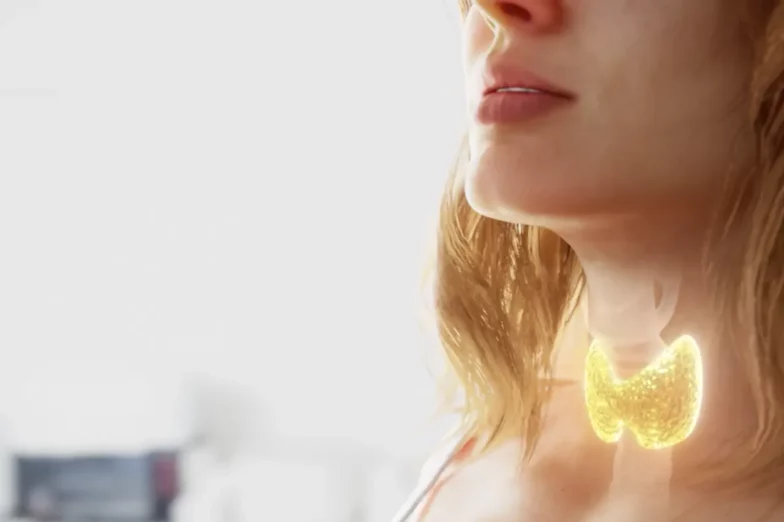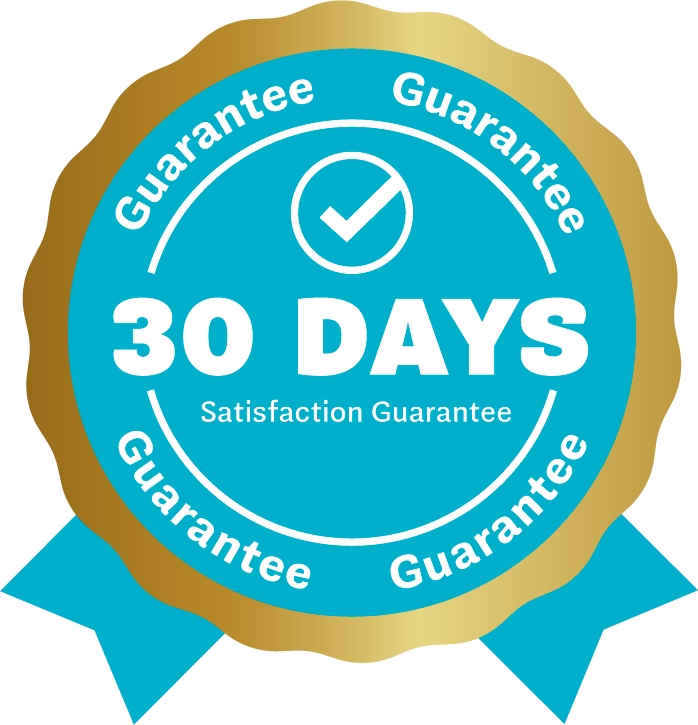Yoga for Trauma Recovery, Resilience, and Self-Regulation
Yoga has a wide range of benefits for children, adolescents, adults, and elders. There are many types of yoga, ranging from gentle yoga (yin yoga, designed for gentle restorative movement and relaxation) to power yoga, the fitness-based approach of Vinyasa yoga, which means “breath-synchronized movement.”
Yoga practice in the United States ranges from formal Hindu-based traditions influenced by yogis and yoginis from India to a secular approach to exercise and meditation. Hatha yoga combines postures (asanas) and breathing (pranayama) to decrease muscle tension, eliminate lactic acid, reduce anxiety, facilitate parasympathetic dominance, and improve balance and mental equilibrium.
Yoga is inclusive of everyone and different classes and approaches may include: Yoga at any size, Christian yoga (which removes references to Hinduism and incorporate Christian imagery for health and purification), chair yoga classes for people with mobility challenges, and trauma-based yoga adaptive modifications that make yoga accessible to everyone.
Yoga for Children and Adolescents
Yoga combines well with mindfulness meditation practices for use with children. It is increasingly incorporated into schools by teachers and counselors as an exercise to support the self-regulation of mood, stress, and resilience. Yoga can reduce anxiety in children and enhance attachment behaviors in children and adolescents.
I love teaching yoga and mindfulness to children but have not had experience with the youngest children. For this, I turned to yoga expert and licensed social worker Jill Charney, LICSW, to discuss her approach to teaching yoga and the benefits of building resilience and self-regulation in the youngest children. Jill joined my trauma certification training to explore the clinical philosophy and practical yoga methods for young children. She also demonstrated a song she teaches and how to use foods for sensory mindfulness in youngsters.
An Exercise for Youth and Adults
The HA breath/woodchopper is an effective exercise that combines a forceful breath/sound and a yoga movement to release tension. By releasing tension in the diaphragm, one can release anger and other negative emotions and decrease dissociation. It can easily be taught to individuals, and I also teach it in my mind/body recovery groups, where it often becomes a source of great laughter and release. I use it with children and adolescents to release distress and increase focus and energy.

Instructions
The HA breath can be done while standing (or sitting). It has two parts. One is the sound HA, which activates the diaphragm and helps release stress, anxiety, anger, and even vague feelings that are hard to define. The 2nd part involves swinging down with a flow and rhythms as though you are chopping wood.
- Stand with your feet shoulder-width apart, your feet pointing outward, knees slightly bent. Imagine yourself to be a woodchopper.
- Breathing in, lift your extended arms over your head as if you were holding an ax. Your pelvis is tipped forward so that your back is arched slightly. Take care not to overextend your shoulders backward.
- As you breathe out (with a loud HA sound), bring your arms forward while simultaneously bending your torso forward, tilting the hip, and curving your head down as if you were chopping wood. The HA is said on the downward thrust. Let your arms swing toward the ground and through and between the legs.
- Vary your speed according to what feels most comfortable. Repeat 5-10 times.
To learn more about the use of yoga for youth, join me in my new certification course, designed for all mental health and health professionals: Integrative Medicine and Nutrition for PTSD, Complex Trauma, and Traumatic Brain Injury.
- Touch Therapy for Trauma Recovery - April 19, 2024
- The Soul of Basil - March 12, 2024
- A Comprehensive Guide to Natural Hypothyroidism Treatment - November 17, 2023

Are You Ready to Advance Your Career?
If you want to advance your career in integrative medicine, explore my courses and certifications.












